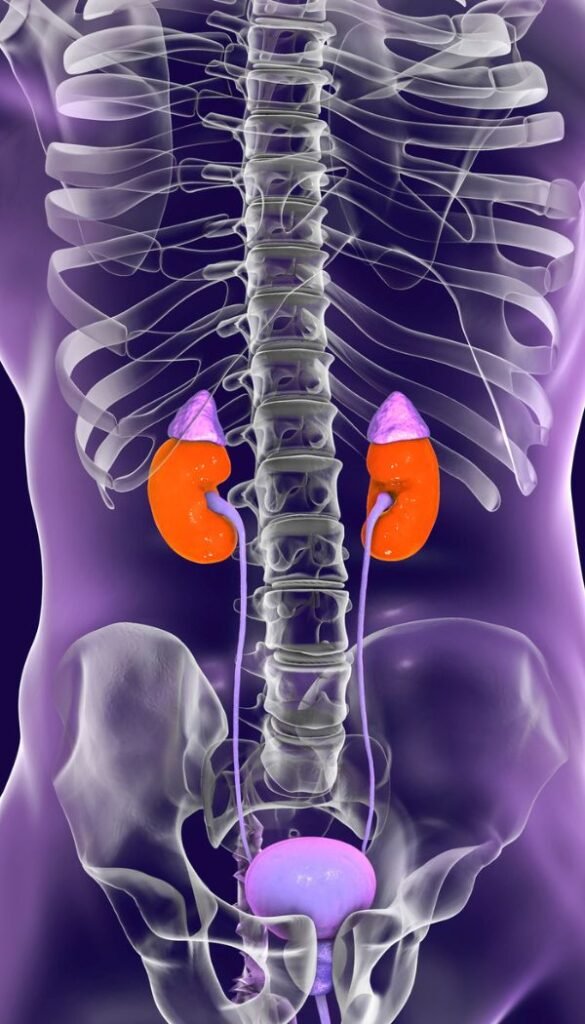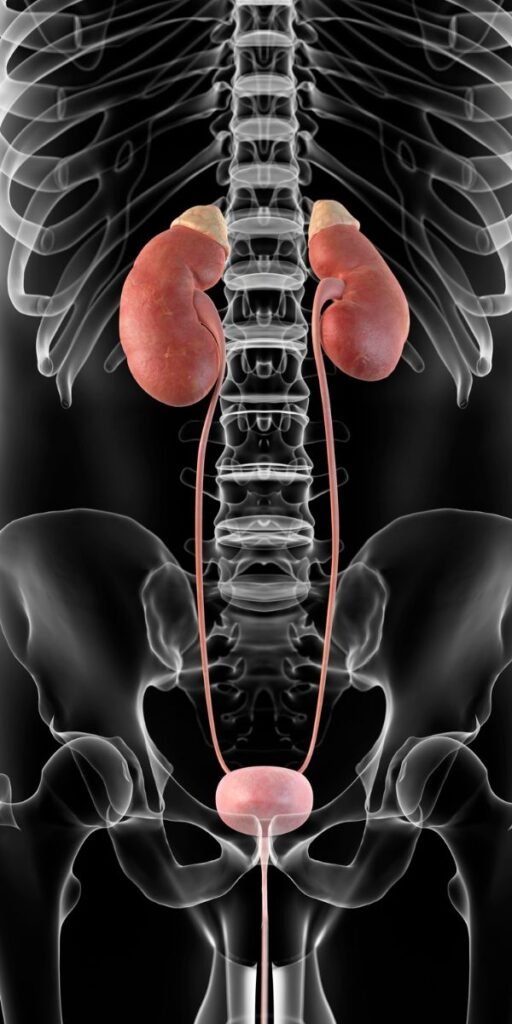Urinary & Fecal Incontinence: Causes, Symptoms, and Treatment at Dr. Hamza Physio
Overview
Urinary and Fecal Incontinence are conditions that involve the loss of bladder or bowel control, leading to involuntary leakage. These conditions can result from weakened pelvic floor muscles, nerve damage, or underlying medical issues, affecting daily life and confidence.
At Dr. Hamza Physio, located in the AIH Building, G-8 Markaz, Islamabad, we specialize in diagnosing and treating Urinary and Fecal Incontinence through advanced physiotherapy techniques aimed at strengthening pelvic floor muscles, improving control, and enhancing overall well-being.
Symptoms of Urinary & Fecal Incontinence
Common symptoms include:
Involuntary leakage of urine or stool
Frequent or urgent need to urinate
Difficulty holding urine or bowel movements
Weak pelvic floor muscles
Increased accidents during physical activity or coughing/sneezing

Causes of Urinary & Fecal Incontinence
Several factors contribute to the development of incontinence, including:
Weakness or dysfunction of the pelvic floor muscles
Nerve damage from surgery, childbirth, or medical conditions
Aging and hormonal changes
Chronic constipation or straining during bowel movements
Neurological disorders affecting bladder and bowel control
Conditions Treated at Dr. Hamza Physio
We provide expert treatment for incontinence related to:
Stress urinary incontinence (leakage during activities like coughing or exercising)
Urge incontinence (sudden, strong urge to urinate)
Fecal incontinence due to weak pelvic muscles
Postpartum and post-surgical incontinence rehabilitation
Neurological conditions affecting bladder and bowel function
Our specialized physiotherapy programs focus on strengthening pelvic floor muscles, improving control, and restoring confidence.
Why Choose Dr. Hamza Physio?
Expert Physiotherapists: Our experienced team specializes in treating incontinence effectively.
Advanced Techniques: We use evidence-based therapies, including pelvic floor training, biofeedback, and bladder retraining exercises.
Personalized Care: Every patient receives a customized treatment plan tailored to their specific condition.
Convenient Location: Located in AIH Building, G-8 Markaz, Islamabad, for easy accessibility.
Proven Results: Our physiotherapy programs help patients regain bladder and bowel control, improving their quality of life.

FAQs
Yes, physiotherapy is highly effective in managing incontinence by strengthening the pelvic floor muscles and improving control.
Results vary, but many patients notice significant improvement within a few weeks to months of consistent therapy.
We offer pelvic floor rehabilitation, biofeedback therapy, bladder training, and lifestyle modification strategies.
Yes, maintaining a strong pelvic floor, staying active, and managing fluid intake can help prevent incontinence.
If you or a loved one is experiencing Urinary or Fecal Incontinence, contact Dr. Hamza Physio today. Our expert physiotherapy services can help you regain control and improve your quality of life.
